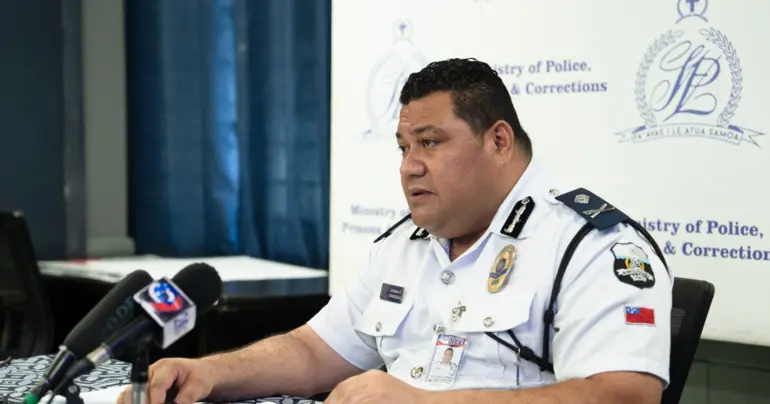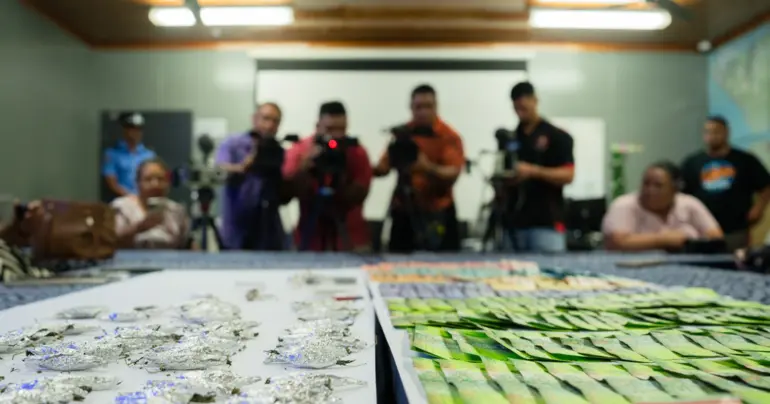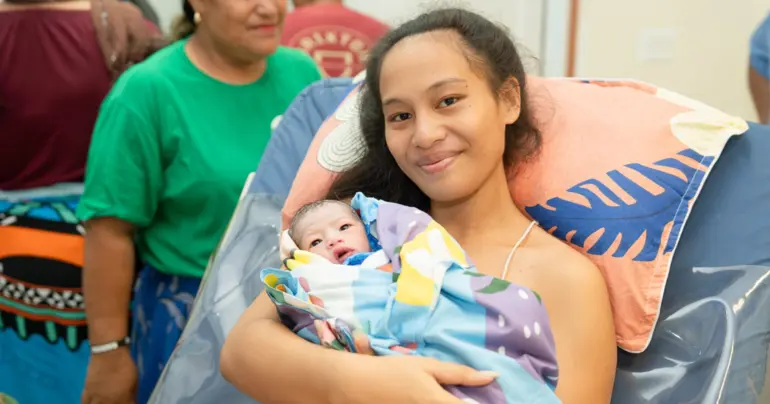Excellence the target for early childhood education
Representatives from Samoa have joined more than 30 Ministry and teacher training participants from 12 countries in the Pacific in Fiji this week.
They are there to review the Early Childhood Care and Education (E.C.C.E.) Teacher Competency Framework for the Pacific, draft country and regional roadmaps for strengthening preschool teacher training and related policies to improve the quality of preschool teaching in the region.
“Education is too important for us not to aim for excellence, starting from the beginning,” said Alison Burchell, the Permanent Secretary of the Ministry of Education, Heritage and Arts in Fiji.
“We need to join hands to share challenges and lessons on strengthening teachers, our system’s most valuable resources, and especially at the early childhood level, when the foundations and love for learning are established.”
In the Pacific region, there are significant challenges for young children and their families to access quality preschool education.
Across the region, 70 per cent of 3 to 5 year–old children currently do not have access to preprimary or preschool education.
“What children learn in their earliest years sets the foundation for their future. Improving the quality of, and access to, preschool education is vital for children to develop to their own full potential, and to contribute to their own communities as future adults,” said U.N.I.C.E.F. Representative, Sheldon Yett.
To support countries in the Pacific Islands to improve the quality of preprimary education, in particular providing the tools for teacher training, a Workshop on the E.C.C.E. Teacher Competency Framework for the Pacific brings together participants from teacher training institutes and Ministries of Education from 12 Pacific island countries: Samoa, Cook Islands, Fiji, Kiribati, Marshall Islands, Nauru, Niue, Palau, Solomon Islands, Tonga, Tuvalu and Vanuatu.
Also in attendance are participants from three regional institutions: University of the South Pacific (U.S.P.) School of Education, USP Pacific Technical and Further Education (Pacific T.A.F.E.), and the Australia Pacific Technical College (A.P.T.C.).
The workshop is supported by U.N.I.C.E.F, U.N.E.S.C.O. Bangkok (with support from Malaysian Funds-in-Trust) and the Ministry of Education, Heritage and Arts in Fiji.
U.N.E.S.C.O. Asia and Pacific Bureau for Education Director, Shigeru Aoyagi, said, “Teachers are the most important factor of quality education, including E.C.C.E. For a teacher to deliver quality preprimary education, they must be equipped not only with the knowledge and skills on E.C.C.E. but also with values, attitudes and behaviours that will allow them to support the young child to grow and develop holistically and make that smooth transition from E.C.C.E. to primary education.”
The E.C.C.E. Teacher Competency Framework for the Pacific was developed through consultation with education officials from Pacific island countries with support from U.N.E.S.C.O. and the Pacific Regional Council for Early Childhood Care and Education (PRC4ECCE) in 2017.
“It outlines context-specific standards the knowledge, skills, and attitudes that preprimary teachers need in order to support holistic development of Pacific children, as well as content to support the professional development of the Pacific islands’ preschool teachers.”











